Revocation of an Offer under the Indian Contract Act, 1872
Revocation of an offer means withdrawing or canceling an offer before it is accepted. Acceptance can also be revoked under certain circumstances. Under the Indian Contract Act, 1872, an offer and acceptance form the basis of a contract. An offer is a proposal made by one party to another, expressing a willingness to enter into a contract on specific terms. Acceptance is the agreement of the other party to the terms of the offer.
The Indian Contract Act provides for the following provisions regarding the revocation of offers and acceptances.
Revocation of Offers and Acceptances under Section 5
Section 5 of the Indian Contract Act, 1872, addresses the communication, acceptance, and revocation of proposals (offers). This section outlines the rules for these processes, which are crucial for forming a valid contract.
Revocation of Proposal
A proposal can be revoked at any time before the communication of its acceptance is complete. The revocation is considered complete when the person to whom the proposal was made becomes aware of it. This can be done by the proposer or through an authorized agent. The revocation must be communicated to the offeree in a reasonable manner and before the acceptance is complete. Once acceptance is complete, the proposal cannot be revoked.
Revocation of Acceptance
An acceptance can be revoked by the acceptor at any time before the communication of the acceptance is complete. The revocation must be communicated to the proposer in the same manner as the acceptance. If the acceptance has already been communicated, the revocation will not be effective.
Modes of Revocation of an Offer
Section 6 of the Indian Contract Act, 1872, outlines the different modes of revocation of an offer:
1. Revocation by Communication from the Offeror to the Offeree Before Acceptance
An offer can be revoked by the offeror at any time before the offeree accepts it. The revocation must be communicated by the offeror to the offeree. If the offeror fails to communicate the revocation, the offer remains valid and can be accepted by the offeree.
2. Revocation by Lapse of Time
An offer lapses if it is not accepted within the time specified or, if no time is specified, within a reasonable time. The determination of a reasonable time depends on the facts and circumstances of each case. Once the offer has lapsed, it cannot be accepted.
3. Revocation by Failure of a Condition Precedent
An offer can be revoked if it is subject to a condition precedent and the condition does not occur. For example, if an offer is made on the condition that the offeree obtains a license and the offeree fails to do so, the offer is revoked.
4. Revocation by Death or Insanity of the Offeror
An offer is automatically revoked if the offeror dies or becomes insane before the offer is accepted. In such cases, the offeree cannot accept the offer.
Conclusion
Section 6 of the Indian Contract Act, 1872, specifies the methods of revocation of an offer: by communication from the offeror to the offeree before acceptance, by lapse of time, by failure of a condition precedent, and by the death or insanity of the offeror. The revocation of an offer must be communicated to the offeree before acceptance. If the offeree accepts the offer before receiving the revocation, the contract is formed, and the offeror cannot revoke the offer. Once a contract is formed, it can only be terminated by the methods provided for in the contract or by the Indian Contract Act, 1872.
Share
Related Post
Tags
Archive
Popular & Recent Post










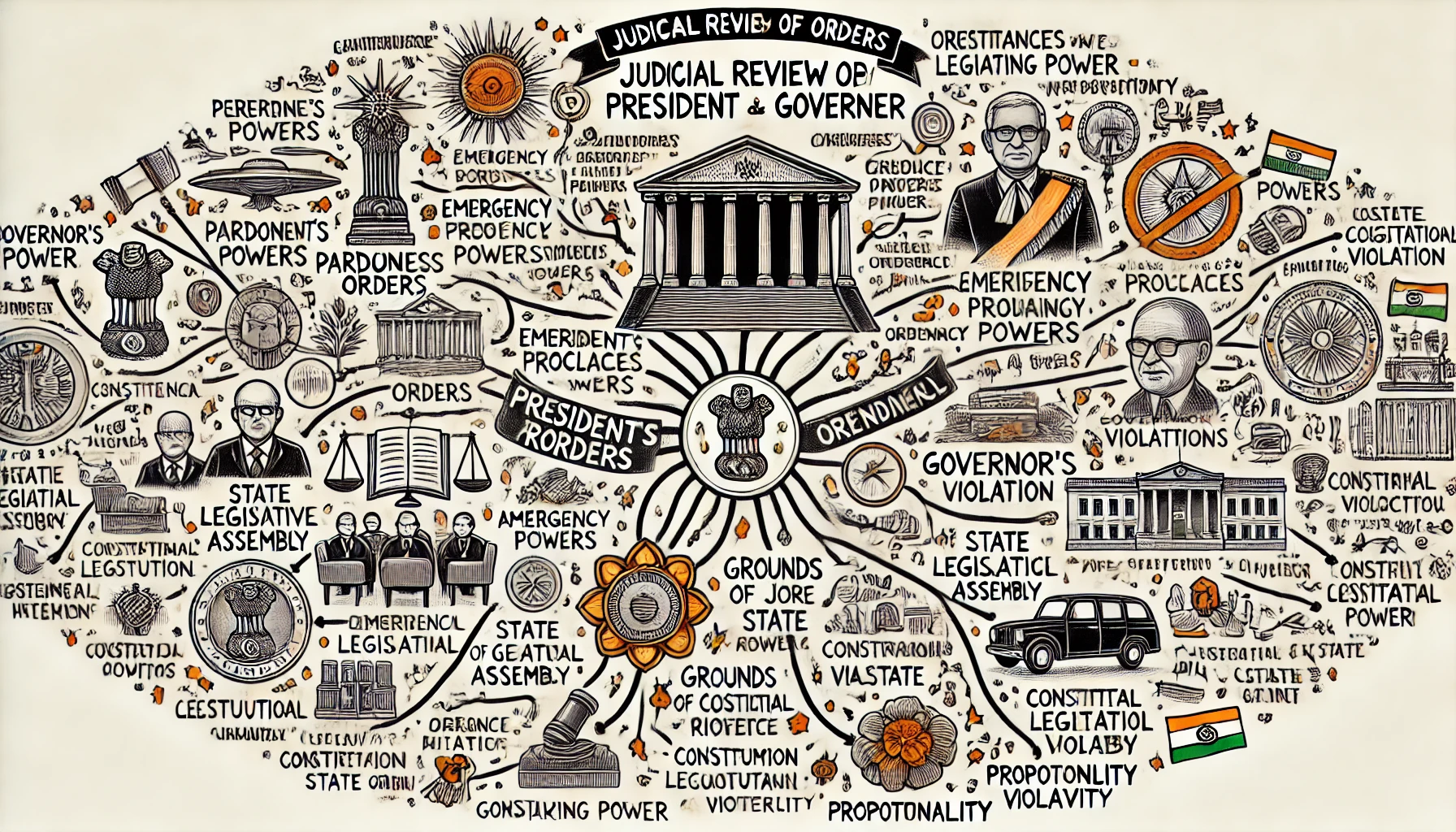
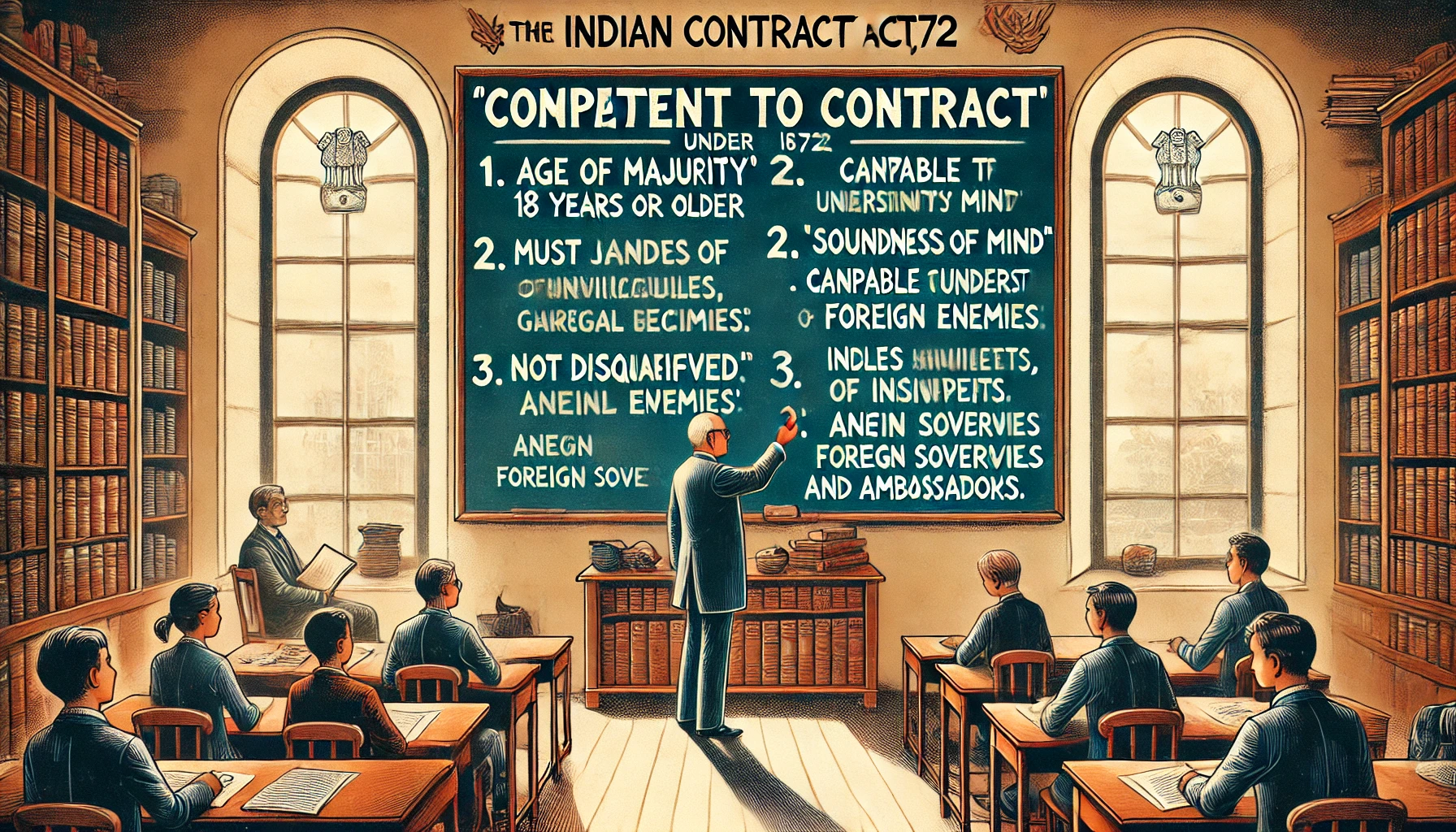

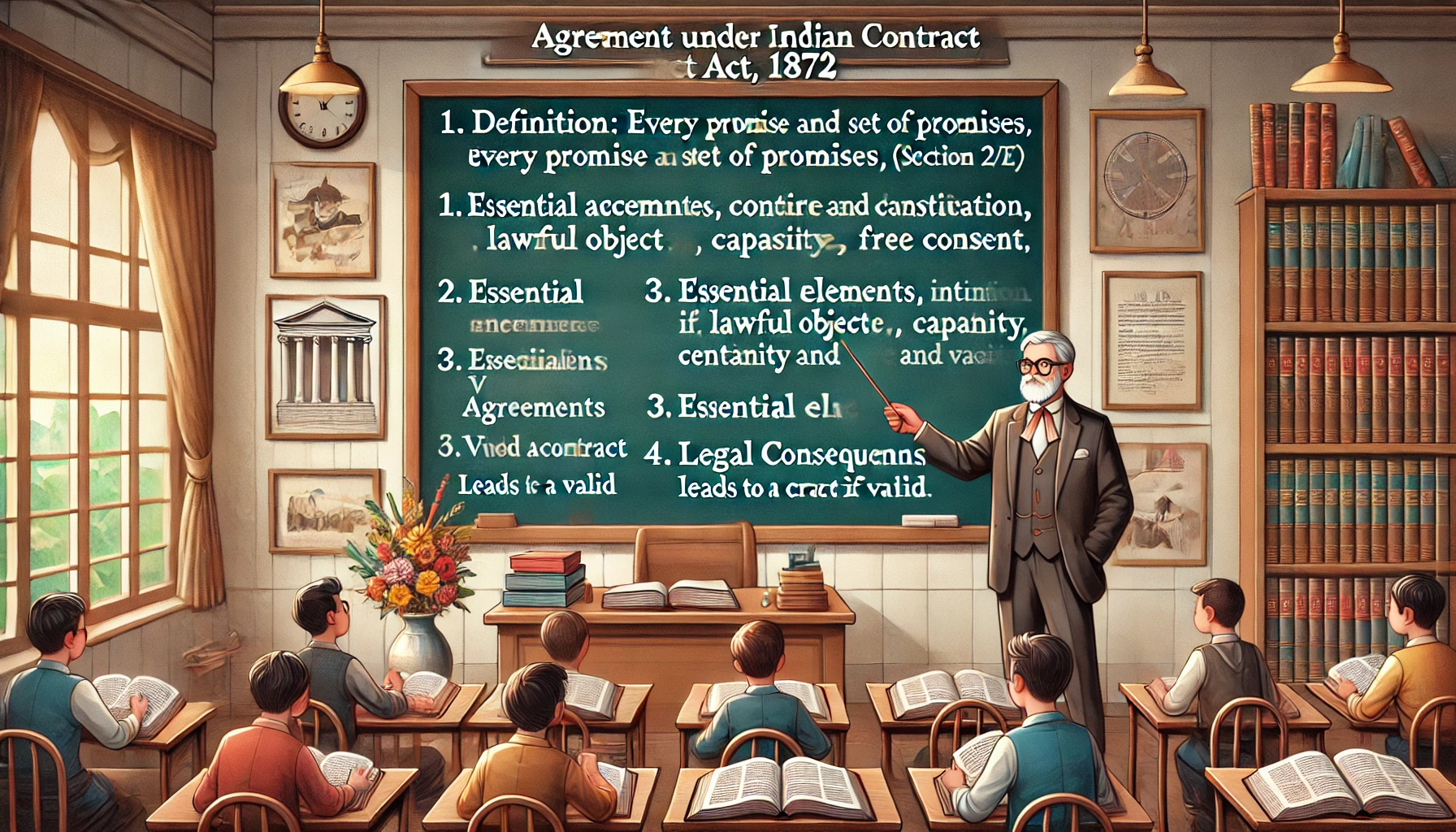
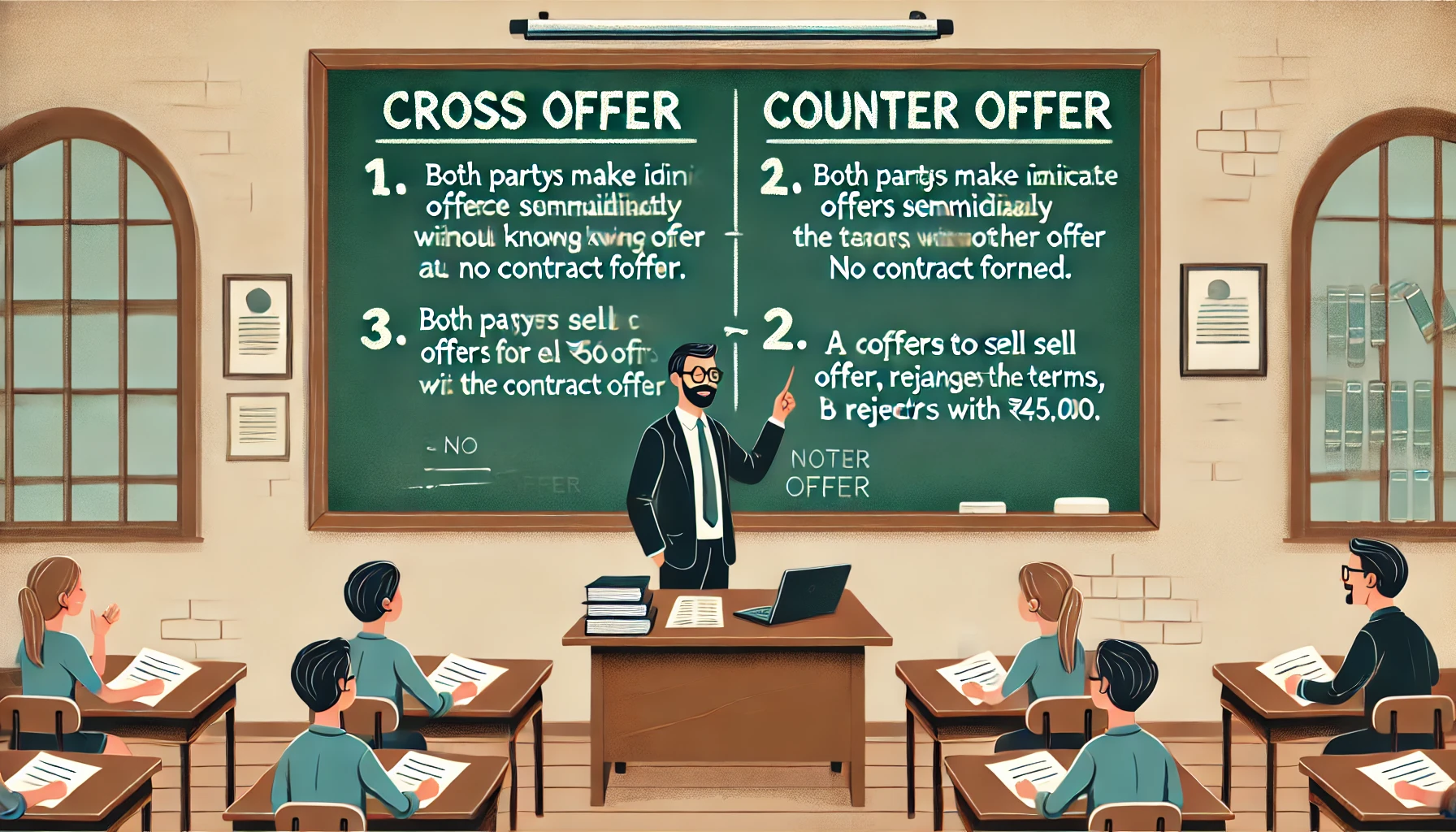
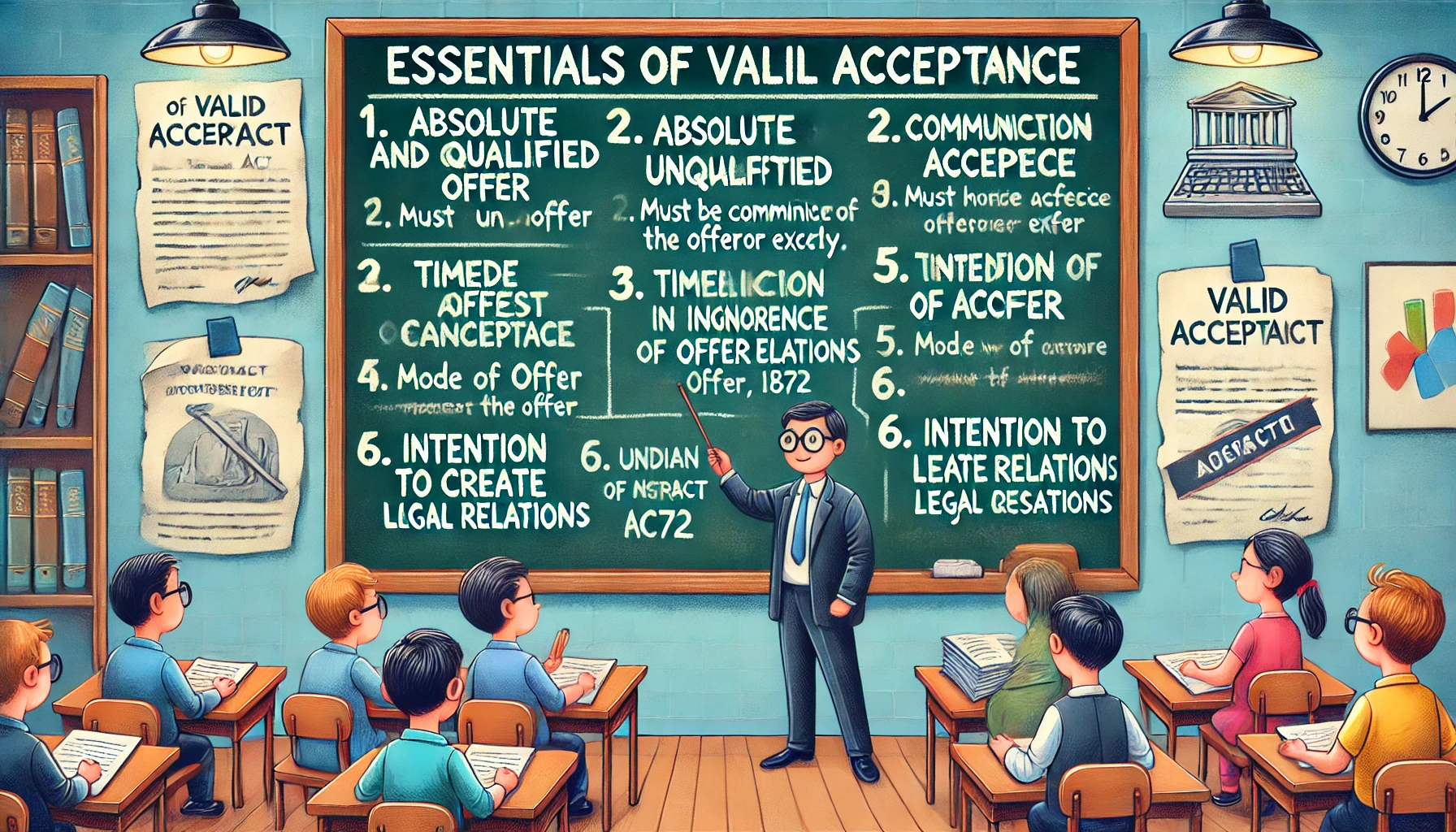




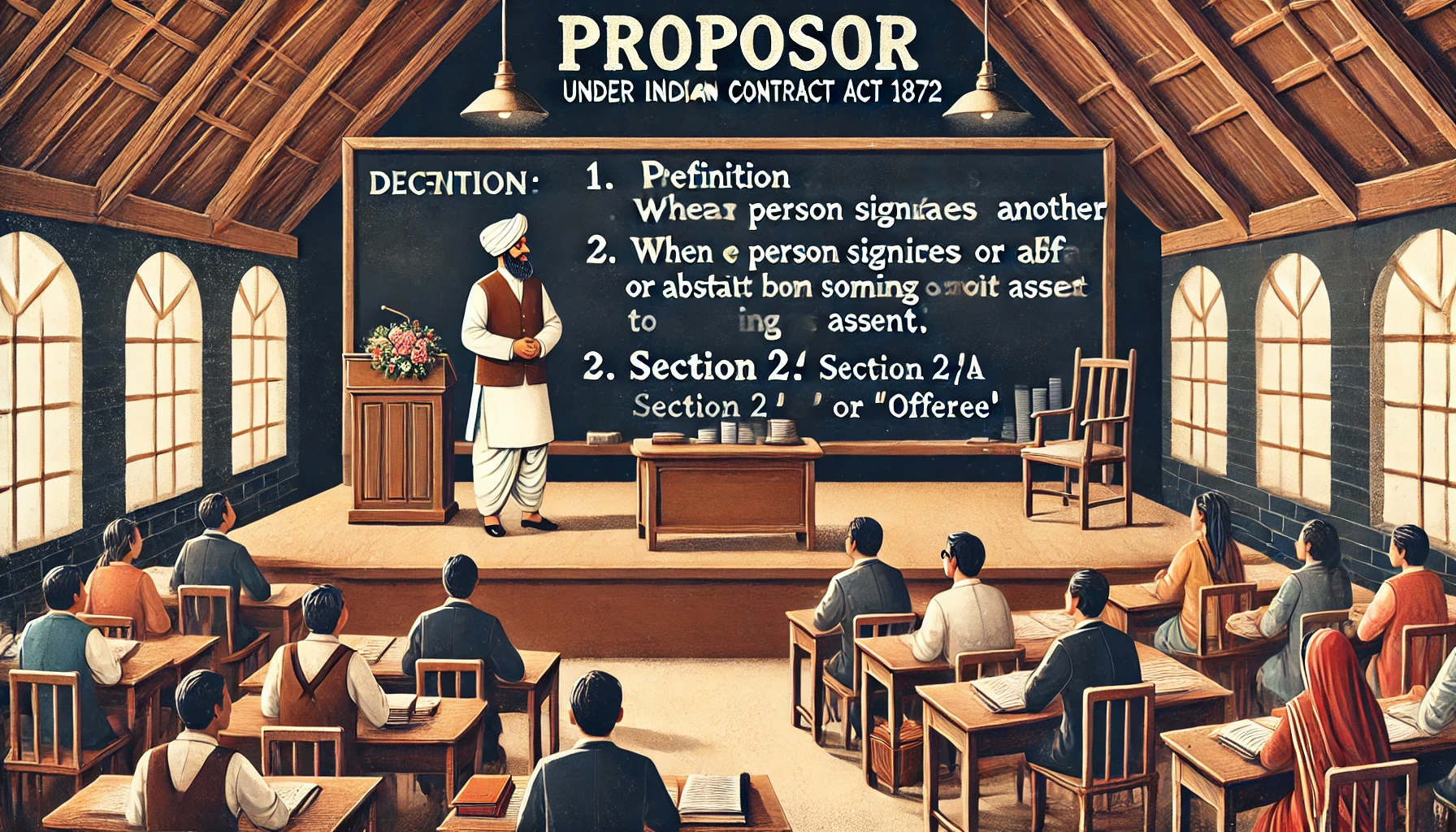






























































































Comment
Nothing for now